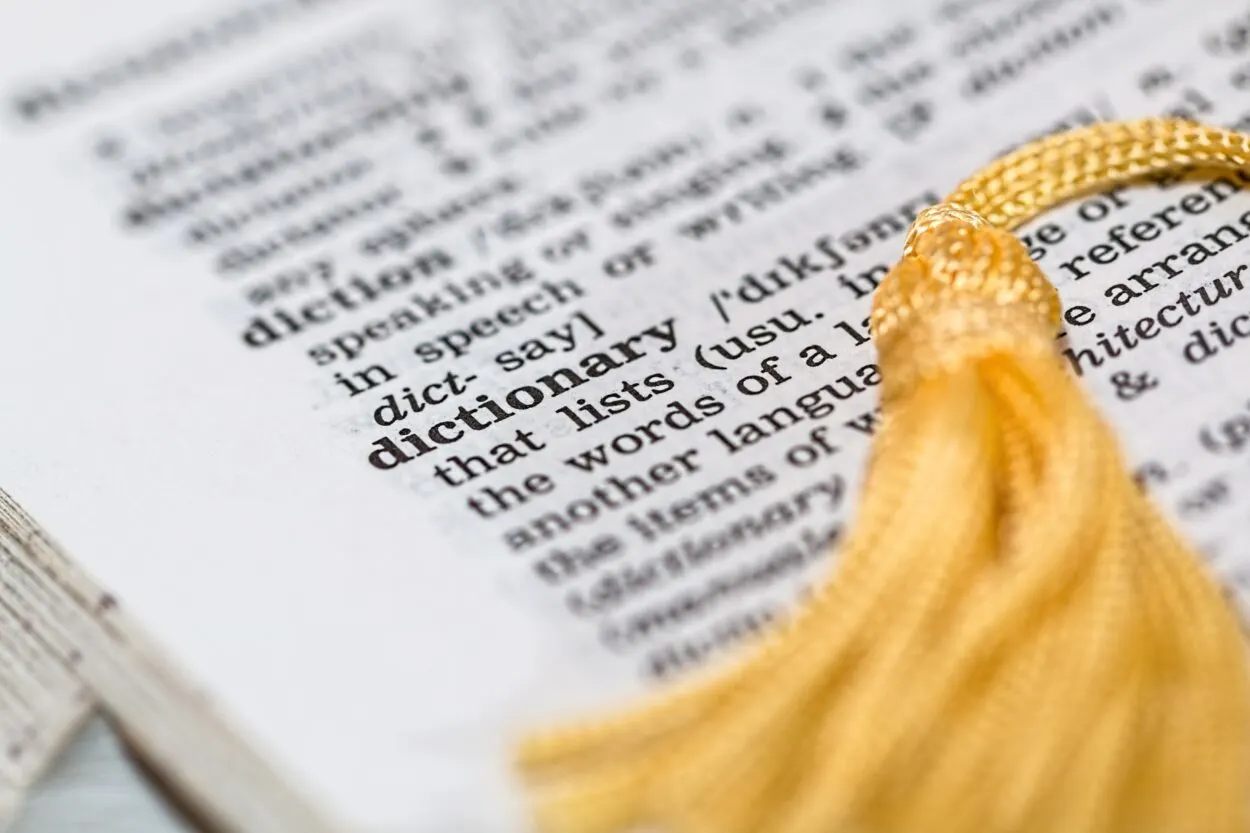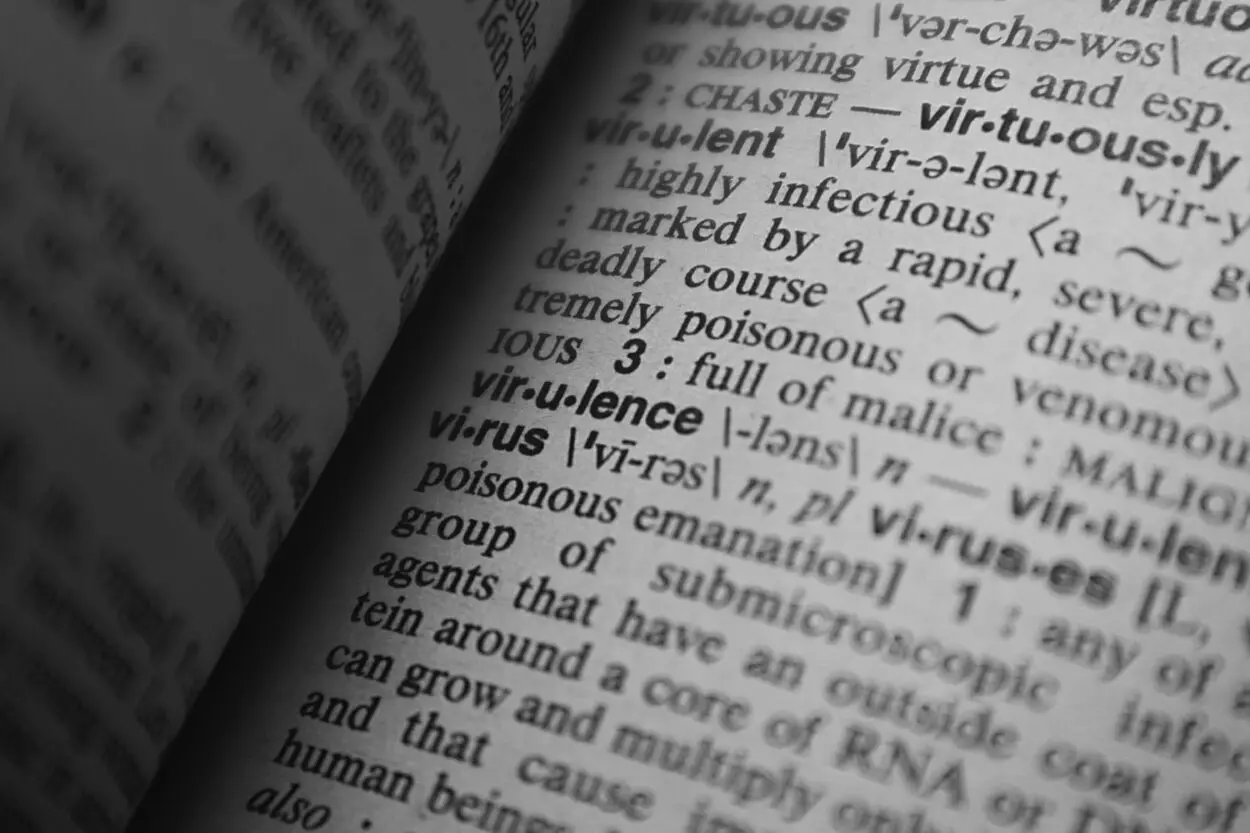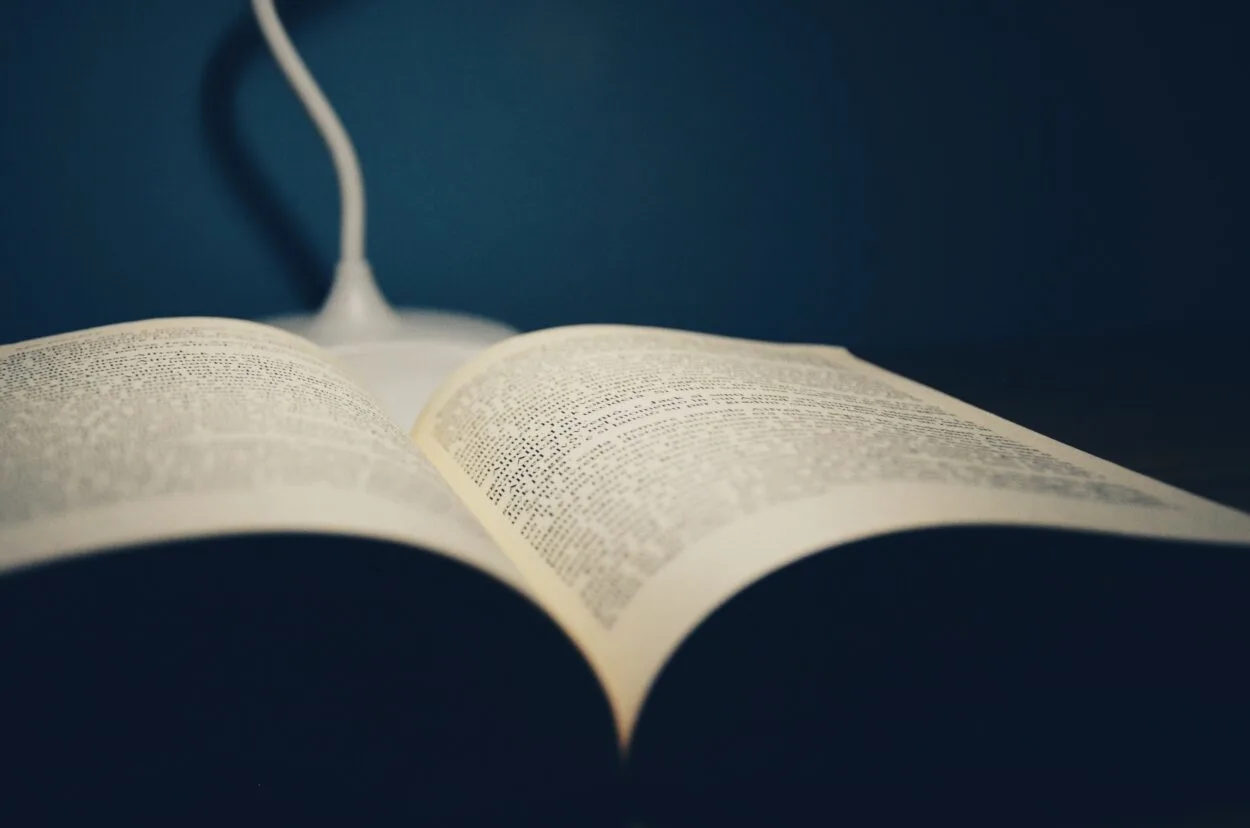Speaking English is much simpler than evaluating my written English, let’s face it. Why? Because when I write some English sentences, grammar takes over and utterly catches me off guard.
Several phrases look similar yet have pretty different intentions and meanings. Sometimes a thesaurus can help you find words with similar meanings, but it is unhelpful if the speaker’s intentions differ from the meanings of the terms.
“I think it will rain tomorrow” means it may or may not rain, but I believe or think it will rain tomorrow; “It’s going to rain tomorrow” means it will or is more likely to rain tomorrow.
‘I think it will rain tomorrow’ and ‘It’s going to rain tomorrow’ differ in several important ways. Keep reading to know more.
What Is The Future Tense?
The future tense form of the verb is the conjugation of a verb to indicate an action that will occur in the future or that will continue in the future.
The word “will be” in the sentence “The party will be so fun!” is in the future tense; when writing or speaking about events that you expect or anticipate to happen in the future, you can use the future tense.
Depending on whether the action will be ongoing or finished, the future tense is further classified. The following are four future tenses.
| The 4 Future Tenses | Examples | Uses |
|---|---|---|
| Simple future tense | We will take a flight to New York to commemorate our anniversary. | For an action that will take place in the future, the simple future tense is used. |
| Future progressive tense | For the next three weeks, Cheltenham will host performances by the Moscow State Circus. | The ongoing action that will take place in the future is described using the future progressive tense. |
| Future perfect tense | We will have finished the food and the remarks by the time you arrive. | When describing an activity that will have been finished at some point in the future, the future perfect tense is employed. |
| Future perfect progressive | You will have completed three years of education by July of the following year. | When an ongoing action will be finished at a specific future time, the future perfect progressive tense is used. |
What Does “I Think It Will Rain Tomorrow” Means?

“I think it will rain tomorrow” is a statement that expresses one’s opinion or hope of it happening even when they are not certain it will rain.
If you’re unsure whether what you’re saying is true, it’s preferable to begin the sentence with “I think” or “It might” so that your listener understands that this is just your opinion or a supposition.
Another more frequent phrase, and the one I use the most, is “I think it’s going to rain tomorrow.”
Will frequently discusses unforeseen or unplanned future events. If someone says, “I’ll go to the store later,” for instance, they are referring to a future event that has not yet been scheduled.
What Does “It’s Going To Rain Tomorrow” Mean?
It is a truth or something that is known or has the certainty of happening that “It will rain tomorrow.”
This idiom is frequently used by people who have previously seen the news or who have heard reports of torrential rain the following day, making them 100% accurate in their purpose.
Going to enables us to discuss already planned future events. If someone says, “I’m going to the store later,” for instance, they are referring to an event that has already been scheduled.
For upcoming events that are scheduled, use going to. Predictions based on emotions or opinions are another use for it. Here are a few instances:
- I’m going to take you to dinner tomorrow.
- It’s going to be sunny tomorrow.
- We’re going to the mall this weekend.
Difference Between “I Think It Will Rain Tomorrow” And “It’s Going To Rain Tomorrow”

Although both future tenses are often employed, there is a difference in connotation depending on which is used. Both are acceptable, though I would say that “I think it’s going to rain tomorrow” is more typical than what I usually say.
It might or might not rain tomorrow if you say, “I think,” but if you say, “It’s going to,” you can be certain since you have knowledge and evidence to back up your claim.
The distinction, in terms of English grammar, is the degree of certainty. The first statement is a prediction without supporting evidence, and the second statement is a prediction supported by a (meteorological) forecast.
‘I will‘ and ‘going to‘ are two separate words with different meanings in English. The future tense is created by adding the word “will” to another verb. “He eats” is in the present tense and “will eat” is in the future.
The term “is going to” typically denotes a planned future. He plans to eat when he says, “He is going to eat.”
Though unplanned, “is going to” can simply denote the future; the statement, “He is going to fail” does not imply “He plans to fail.”
Other Types of Tenses
Present Tense

The verb tense you use in grammar to discuss current events is known as the present tense. In other words, the present tense is used to describe an event that is happening right now and in real time.
There are four different present tenses in English grammar: simple present, present perfect, present continuous, and present perfect continuous.
The statement “You are standing on my foot” is in the present tense; you can use the present tense automatically when describing what you’re doing right now, what you generally do, or how things are right now.
Past Tense

The simple past tense is most frequently used to refer to previous events.
Generally, simple past tense has four varieties: past simple, past perfect, past continuous, and past perfect continuous. Simple past tense is one of the three basic tenses, along with present and future.
Therefore, the verb is in the past tense if any statement describes an action that already occurred at a given period.
Here are a few examples:
- Lisa visited the grocery store yesterday.
- Sam prepared a delicious meal y
- Yesterday, my brother went to the movies.
Conclusion
- The future tense is used when you refer to an action or event that is anticipated to happen in the future. Future tenses can be recognized from other tenses similar to their verb forms and auxiliaries.
- It’s possible that “I think it will rain tomorrow” is incorrect, whereas “It’s going to rain tomorrow” communicates a fact with no room for doubt.
- Although they are both opinions, the second is given as truth. The second might have been based on a weather forecast or some other fact, while the first is obviously a personal view.
- The correct grammar would be “It will rain tomorrow.” However, in reality, we cannot say anything with certainty because we do not know what will occur in the future. It could be more accurate to say, “Rain is forecast for tomorrow” or “Rain is expected tomorrow.”
Related Articles
- What Is The Difference Between “Okay,” “Okey,” And “Ok”?
- What Is The Difference Between “Goodluck” And “Good Luck”?
- Exploring The Differences Between Pre-Crisis And Post-Crisis Versions Of Superman: How The Crisis Transformed The DC Universe
- What Is The Difference Between The Names Of Roofless Cars?

